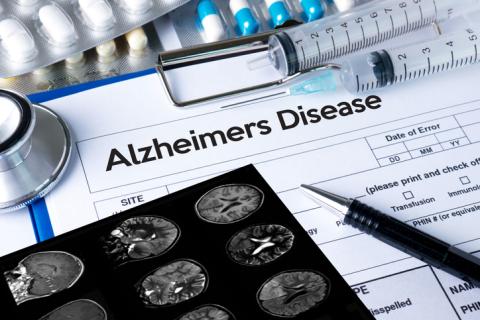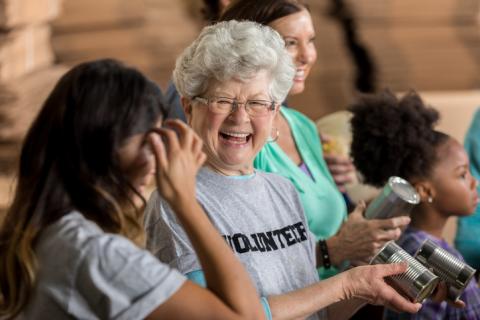Blog
Anxiety Associated with Faster Alzheimer’s Disease Onset
Posted on January 19, 2021 - Studies continue to help understand the facets of Alzheimer's disease. The Radiological Society of America recently noted that anxiety can speed the progression of the disease.
I Found My Secret to Feeling Younger and Stronger. The Pandemic Stole It Away.
Posted on January 14, 2021 - We’ve known for some time that serving as a volunteer offers great health benefits for older adults. Kaiser Health News takes a look at what’s happening now that the pandemic has severely curtailed the opportunities.
Exposed to COVID-19 Over the Holidays? Now What?
Posted on January 12, 2021 - The holidays are over, and we’re returning to normal life—or, what passes as normal during the time of a pandemic. Most of us are excited about the rollout of the COVID-19 vaccine, and hopefully we are continuing to follow the guidance of health experts to protect ourselves and others from exposure to the virus. Though the holidays are usually all about crowds and closeness, this year we were strongly advised to avoid gatherings. But experts now report that many Americans decided to risk travel and gatherings, and this has fueled a spike in cases. Many people are now learning that family and friends with whom they visited have tested positive for the virus. They might be notified by the infected person, or they might be contacted by a public health worker to inform them of the exposure.
Immunize Older Adults Against Fraud With a Dose of Information
Posted on January 7, 2021 - Con artists often take advantage of events in the news as they create bogus schemes to part us from our money. And what has been a bigger news story than the COVID-19 pandemic? Scammers have been busy. They’ve been selling phony preventative and treatment cures, masks with impossible powers, and useless disinfection devices. As soon as public health agencies began contact tracing, scammers began impersonating them to access the personal information of unwitting victims.
Don’t Delay Reporting TMJ Symptoms
Posted on January 5, 2021 - Among the other side effects of COVID-19 and the accompanying quarantine, dentists say that more patients are calling with broken or cracked teeth—a result of the stress we’re experiencing, which we often take out on our teeth with clenching or grinding. But broken teeth aren’t the only oral health problem that’s increased. Many patients are experiencing jaw pain, likely due to disorders of the temporomandibular joint (TMJ).




